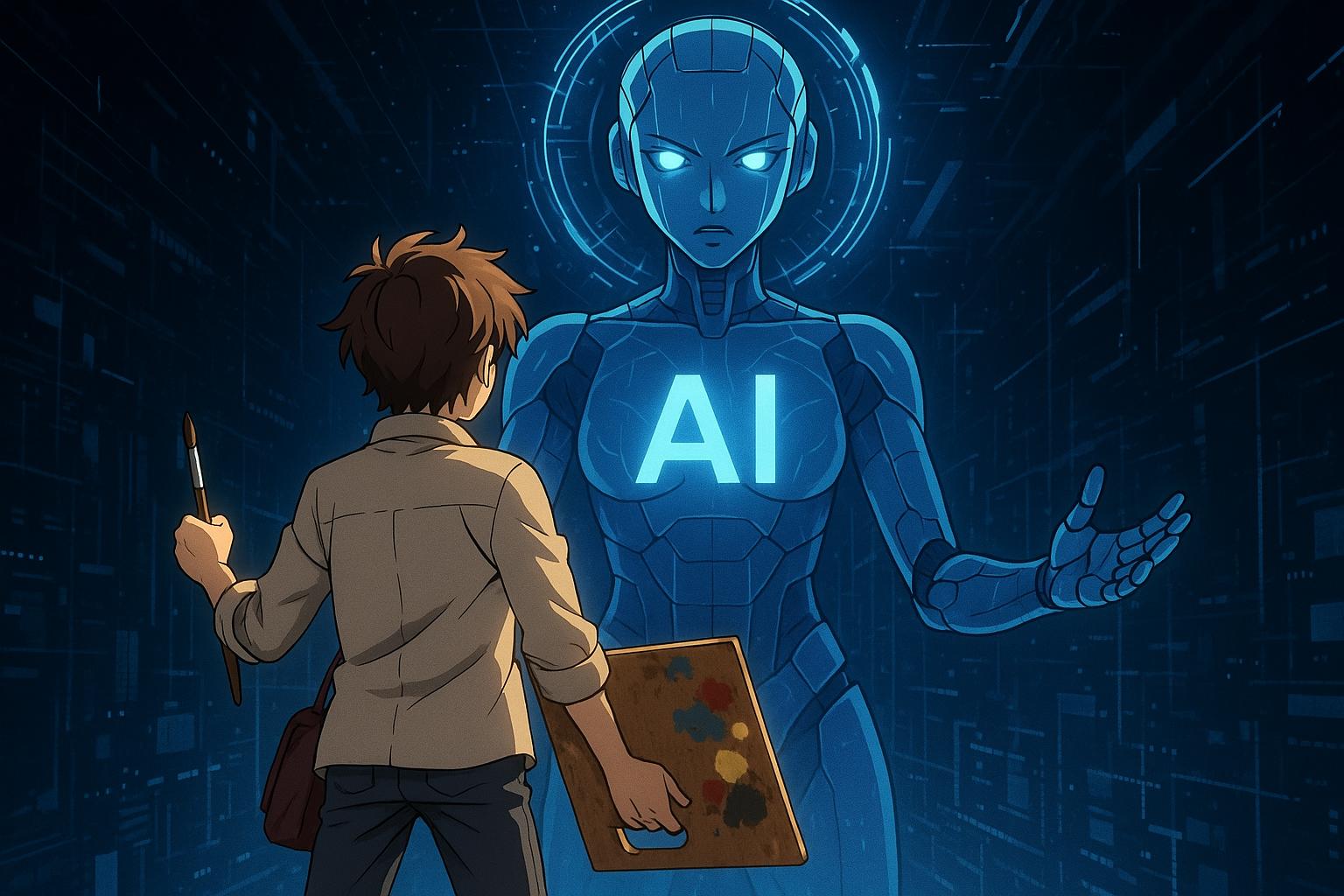Concerns over the intersection of artificial intelligence (AI) and copyright law have surged recently, particularly following remarks from a former executive at Meta, who articulated potential disastrous ramifications for the UK AI industry should stricter copyright regulations be enacted. Speaking at the Charleston Festival, Nick Clegg addressed the growing debate within British parliament regarding the rights of artists to control the use of their work in AI training. Clegg acknowledged the artists’ grievances, referring to their desire to prevent the unauthorised use of their creations as "a matter of natural justice." However, he cautioned that imposing obligations on AI firms to seek permission for using copyrighted materials would be impractical, given the scale at which these systems operate. Clegg posited that if only the UK enforced such laws, it could "kill the AI industry… overnight," highlighting the need for global cooperation to address these complex issues.
This discourse occurs against a backdrop of increasing unrest among creative professionals and content companies, who are vehemently protesting the rampant, unchecked appropriation of their work by technology firms. A cohort of more than 1,000 artists has expressed their discontent by releasing a silent album, a symbolic protest against the UK government's consideration of legalising revenue generation through AI without prior consent from creators. Legal challenges are emerging internationally, with the Authors Guild in the United States spearheading lawsuits asserting that AI companies, like OpenAI and Microsoft, perpetrate mass-scale theft of original content, thereby threatening the financial viability of the artistic community.
In response to these rising tensions, creative industries are exploring updated frameworks for intellectual property law that acknowledge the transformative nature of AI while protecting the rights of content creators. Suggestions include developing integrative economic models that could enable AI creators to financially compensate human artists for their contributions. Various start-ups, such as ProRata.ai and Human Native.ai, are actively testing revenue-sharing models and content licensing solutions aimed at easing the potential friction between AI innovation and artist rights.
Simultaneously, on the legislative front in the United States, significant momentum is building around protecting individuals from the misuse of AI-generated content, particularly through the bipartisan No Fakes Act. This proposed legislation aims to shield people from unauthorised deepfakes and voice clones that misappropriate their identities. Advocates including prominent music industry figures and technology leaders have rallied behind the bill, emphasising the necessity for regulations that balance innovation with ethical standards. Nearly 400 artists have endorsed this initiative, recognising it as an essential step toward securing public trust and empowering victims of digital impersonation.
In Europe, similar themes are emerging, as demonstrated by the recent legal actions taken by French publishers and authors against Meta, accusing the tech giant of using their copyrighted works without consent for AI training. The case highlights ongoing conflicts in the creative sectors regarding the application of copyright laws to AI technologies, intensified by the European Union's newly proposed AI Act. This legislation is set to enforce stringent compliance standards concerning copyright, which may affect how corporations like Meta operate within the EU.
The legal landscape presents a complex and evolving challenge for the tech industry as courts are confronted with determining the boundaries of 'fair use' regarding AI-generated content. Notably, in a high-profile case involving Meta, U.S. District Judge Vince Chhabria has grappled with the implications of using copyrighted material for AI training without proper licensing. His inquiries reflect a broader judicial skepticism towards the notion that companies can leverage artists’ works to create competing outputs without equitable compensation, revealing an urgent need to balance innovation with intellectual property rights.
As discussions surrounding these legislative and legal initiatives continue to unfold, the question remains whether the AI industry can safely navigate the historical concerns of copyright infringement while fostering an environment ripe for technological advancement. The stakes are high, as the future of both the creative industries and the AI sector hangs in the balance, demanding a concerted and collaborative approach to redefine the relationship between technology and creativity.
Reference Map:
- Paragraph 1 – [1]
- Paragraph 2 – [2]
- Paragraph 3 – [2], [3]
- Paragraph 4 – [4]
- Paragraph 5 – [5]
- Paragraph 6 – [6]
Source: Noah Wire Services
